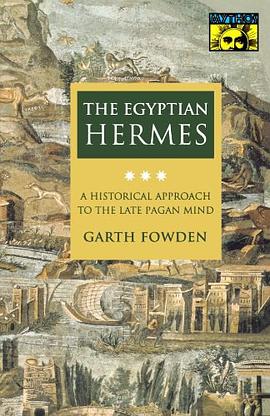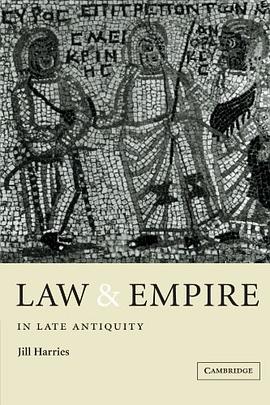

具体描述
Sage, scientist, and sorcerer, Hermes Trismegistus was the culture-hero of Hellenistic and Roman Egypt. A human (according to some) who had lived about the time of Moses, but now indisputably a god, he was credited with the authorship of numerous books on magic and the supernatural, alchemy, astrology, theology, and philosophy. Until the early seventeenth century, few doubted the attribution. Even when unmasked, Hermes remained a byword for the arcane. Historians of ancient philosophy have puzzled much over the origins of his mystical teachings; but this is the first investigation of the Hermetic milieu by a social historian.Starting from the complex fusions and tensions that molded Graeco-Egyptian culture, and in particular Hermetism, during the centuries after Alexander, Garth Fowden goes on to argue that the technical and philosophical Hermetica, apparently so different, might be seen as aspects of a single "way of Hermes." This assumption that philosophy and religion, even cult, bring one eventually to the same goal was typically late antique, and guaranteed the Hermetica a far-flung readership, even among Christians. The focus and conclusion of this study is an assault on the problem of the social milieu of Hermetism.
作者简介
目录信息
读后感
评分
评分
评分
评分
用户评价
相关图书
本站所有内容均为互联网搜索引擎提供的公开搜索信息,本站不存储任何数据与内容,任何内容与数据均与本站无关,如有需要请联系相关搜索引擎包括但不限于百度,google,bing,sogou 等
© 2025 book.wenda123.org All Rights Reserved. 图书目录大全 版权所有




















